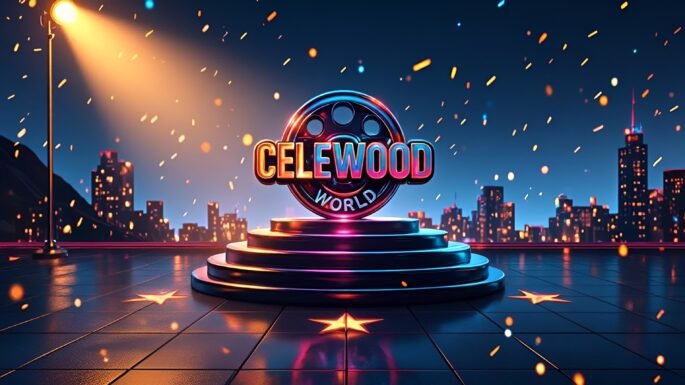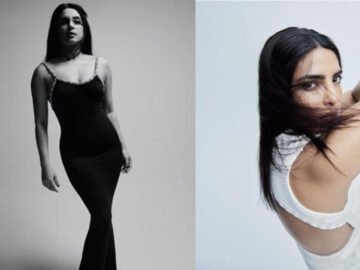Article –
Hulk Hogan, born Terry Gene Bollea, stands as a monumental figure in the world of professional wrestling, forever changing the landscape of sports entertainment. His charismatic persona, characterized by his iconic blond moustache, bandanas, and larger-than-life antics, made him a household name and a cultural icon.
Early Life and Career Beginnings
Hogan’s journey began in the late 1970s, initially wrestling in smaller circuits before gaining national recognition. His breakthrough came in the 1980s with the World Wrestling Federation (WWF), where he was positioned as the ultimate good guy, or “babyface,” appealing to fans of all ages.
Rise to Stardom
During the 1980s and early 1990s, Hogan headlined some of the most significant wrestling events, including multiple WrestleManias. His catchphrases like “Whatcha gonna do, brother?” and his signature leg drop became emblematic of his character. Hogan’s feuds with other wrestling legends garnered huge television ratings and helped mainstream wrestling to new heights.
Legacy and Impact
Hulk Hogan’s impact extends beyond the ring. He was instrumental in the wrestling boom of the 1980s, influencing generations of wrestlers and fans alike. Hogan also ventured into movies, television, and music, showcasing his versatility as an entertainer.
Controversies and Challenges
Despite his legendary status, Hogan’s career was not without controversy, including publicized personal and professional challenges. Nevertheless, his contributions to professional wrestling remain influential and celebrated.
Conclusion
Remembering Hulk Hogan is to celebrate a titan who blended athletics, showmanship, and personality to create an unforgettable legacy in the world of entertainment. His influence continues to resonate, making him an enduring figure in the annals of sports history.


